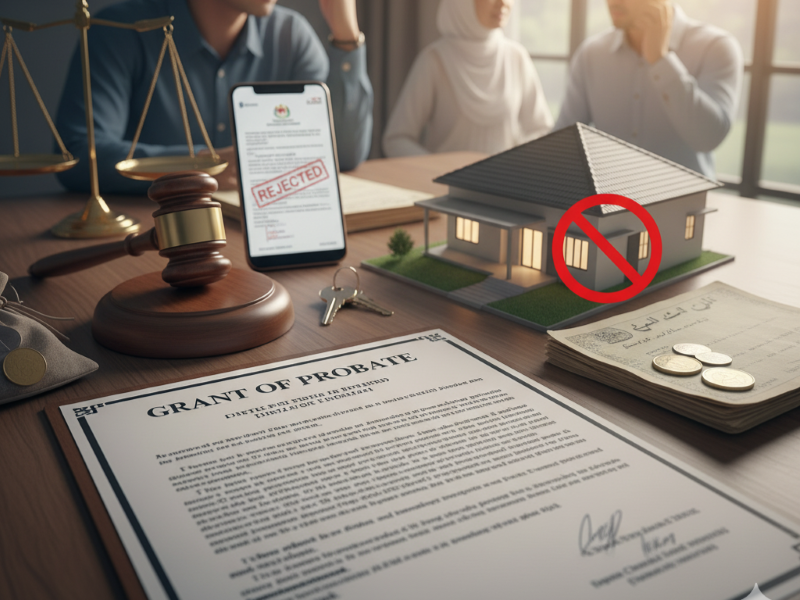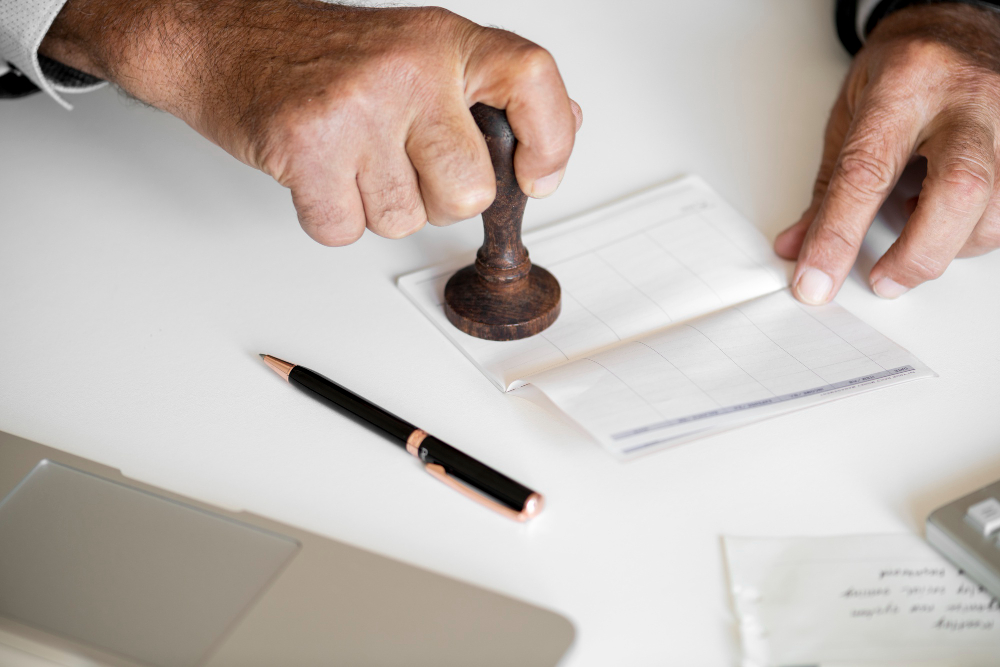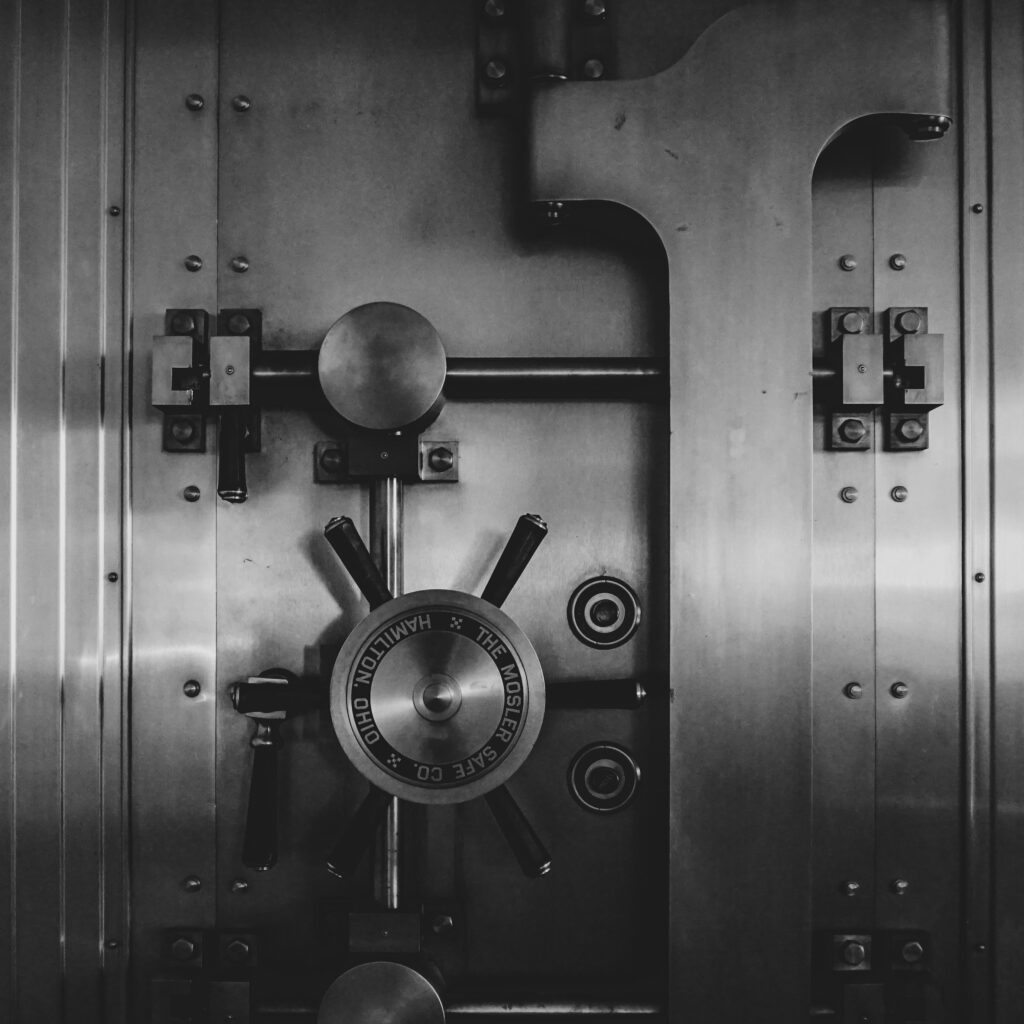Renting or leasing may seem simple, but it actually involves significant legal responsibilities and risks.
Here are the most important clauses and points to watch out for when signing a tenancy agreement — clear and easy to understand!
I. 👤Verify if the Landlord is the Legal Owner
In reality, fake landlord scams are common, such as forging identities to collect deposits and then disappearing.
Therefore, before signing any agreement, be sure to:
🔎Verify property ownership through methods such as:
• Checking the Land Office records (title search)
• Requesting a copy of the land title or strata title
✅ Recommendation: Engage a lawyer to conduct the search to avoid signing an invalid contract.
📌 Legal Basis: If the landlord is not the actual owner, the tenancy agreement may be void from the start, making it hard for the tenant to protect their rights.
II. 💰Do You Know the Difference Between Booking Deposit, Security Deposit & Utility Deposit?
🔹 Booking Deposit
Usually paid upon signing a Letter of Offer before the agreement, it may be used for:
• First month’s rent
• Agent’s commission
• Or part of the security deposit (depending on the Letter of Offer)
🔹 Security Deposit
Usually equivalent to 1–3 months’ rent:
• Protects the landlord’s right to compensation if the tenant breaches the agreement
• Cannot be used to offset rent unless stated in the agreement
🔹 Utility Deposit
Covers unpaid utilities, maintenance fees, etc.:
• Usually equivalent to half to one month’s rent
• Must be fully refunded if no outstanding charges at the end of the tenancy
III. 💼 Who Pays the Tenancy-Related Costs? (Legal Fees, Stamp Duty, Indah Water)
According to common practice (unless otherwise stated in the agreement):
| Cost Item | Typically Paid By |
| Legal Fees | Tenant |
| Stamp Duty | Tenant (per LHDN rules) |
| Indah Water(IWK) | Landlord (per 1994 regulations) |
📌 Note: These can be negotiated between parties, and such arrangements are legal.
IV. ❗ What If the Tenant Breaches the Agreement?
Common remedies for landlords include:
• Terminate the tenancy
• Forfeit the deposit
Self-help clauses that may be included in the agreement:
• 🚱 Suspend utilities
• 🚫 Disable access cards
• 💸 Charge late payment interest
⚠️ Reminder: Landlords cannot change locks or evict tenants by force!
✅ Proper legal procedure:
- Apply for a Possession Order from the court
- File a case under relevant laws
- Retrieve the unit with police presence after obtaining the court order
V. 🔁 Is the Renewal Clause Clearly Stated?
If the agreement provides a “first right to renew”, make sure to check:
• How much notice must be given in advance
• Whether rent or deposits will change
• Whether new terms will be added
⚠️ If renewal conditions are not met, the landlord can legally refuse renewal.
VI. 🛠️ Repair Responsibilities & Renovation Terms
🔧 Furniture/Appliance Repairs
It is recommended to attach a list of furniture and appliances, signed by both parties.
🖌️ Renovation/Alteration
• Written consent must be obtained in advance
• Most agreements require the unit to be restored to original condition at the end of tenancy
📑 Pro Tip
Landlords can hire a lawyer to draft the agreement; tenants should consult a lawyer before signing to ensure fairness and clarity.
📞 Need a lawful tenancy agreement that protects your rights? Contact our experienced legal team!












